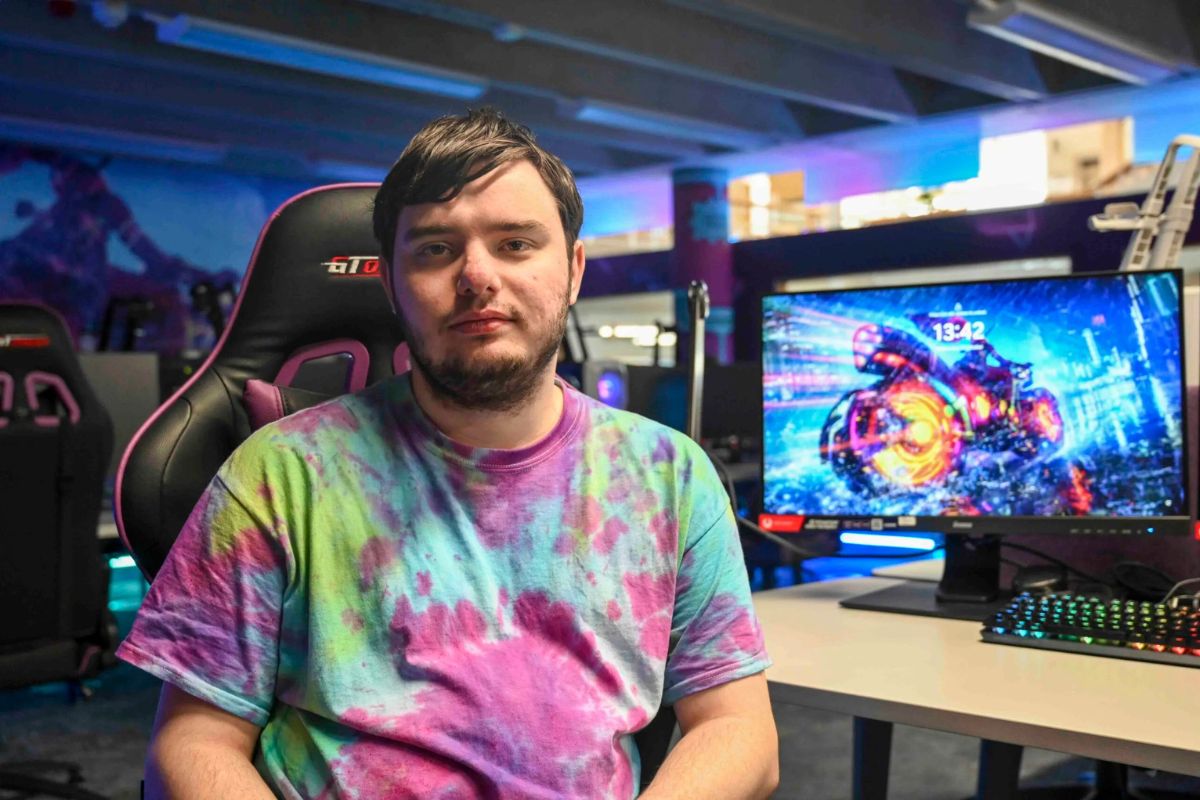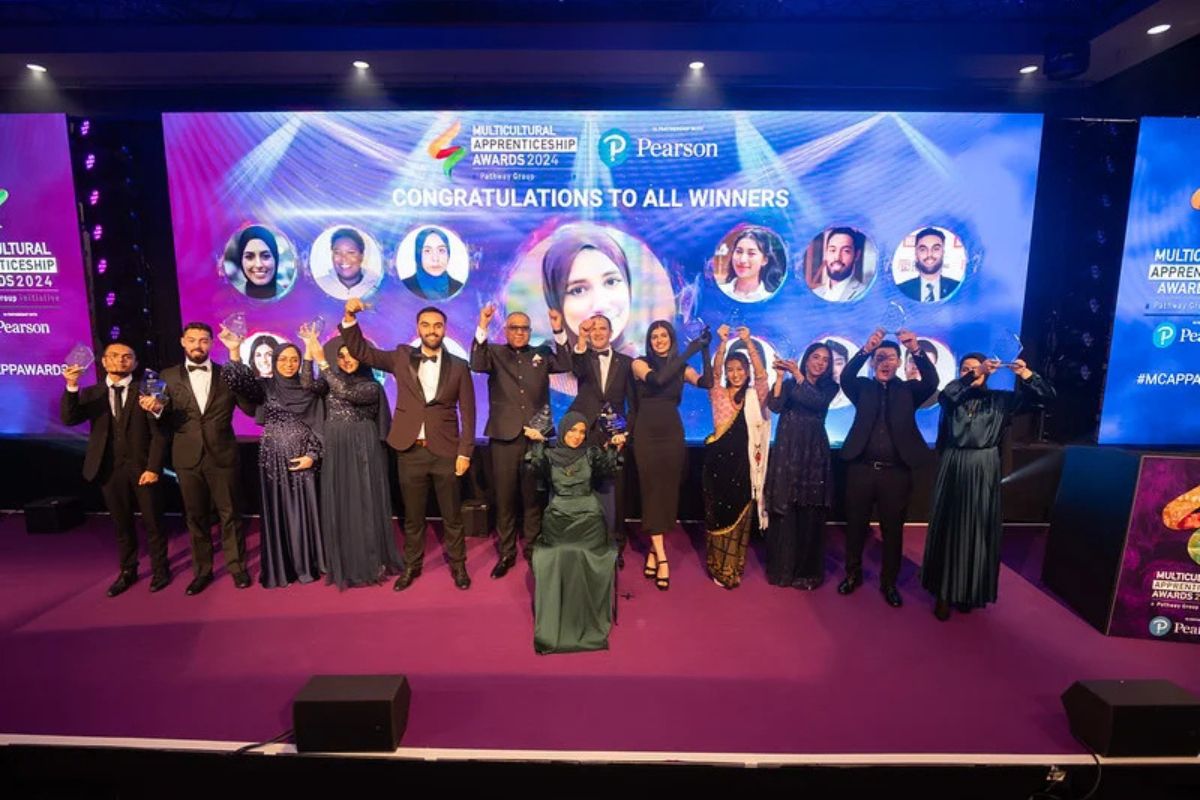Digital addiction and technology overuse among adolescents from an education perspective

Excessive technology usage, informally known as ‘digital addiction’, is on the rise. Particularly in a family setting, an adolescent’s digital addiction can impact their health, education, and relationships.
As part of a collaborative project that brought together researchers from four Qatar Foundation member institutes: Doha International Family Institute (DIFI), the World Innovation Summit for Education (WISE), the World Innovation Summit for Health (WISH) and Hamad Bin Khalifa University (HBKU), our team conducted a two-part report that hypothesised digital addiction is bilateral – where parenting style and parents’ technology usage may impact children’s behaviour in relation to technology use.
In the first part of the report, we questioned the type of arguments used by parents when trying to handle the issue in their children, as well as the relation between excessive technology use and an adolescent’s health, education, and family relationships.
In the second part, however, our research focused on the adolescents themselves and tested the relationship between parental and adolescent digital addiction through a series of interviews with parents and teenagers in Qatar. This study was then followed by a survey conducted amongst the same group.
What was most evident from the research, is that digital technologies have altered the way adolescents interact, socialise, and learn, and that raises a new set of issues that need to be considered by educators, parents, policy makers and counsellors.
Technology and Education: the perspective of parents and adolescents
Technology has been a great enabler in various aspects of education, especially for personalised learning, improving students’ digital skills, and saving teacher’s time. This is evident in several studies which found significant improvements in student outcomes through personalised blended learning (Pane et al., 2017). During the COVID-19 pandemic, most schools shifted to remote learning at short notice, and education technology has become critical for the continuation of learning around the world (Bryant et al, 2020).
Yet, our research highlighted there is a fine line to tread between constructive use of technology to support education, and letting the usage become unhealthy and addictive.
Many parents indicated that using technology has negative impacts on their children, and that the relationship their children have with technology is not healthy. For example, one impact of technology overuse reported by parents included poor academic performance as a result of lack of concentration.
On the other hand, the positive impacts mentioned by some parents centred around the critical need for technology to do schoolwork and for learning, and the need for awareness of technology and being able to solve technology-related problems. Technology was also reported to support the expansion of an adolescent’s knowledge and access to materials.
Adolescents themselves reported relying heavily on digital technologies for education, classroom work and homework on a daily basis. They had opposing views on how technology has affected their education, from those who claim that it helps with their education and to advance academic achievements, to the ones who claim that it affects them negatively and that they are not able to focus on their studies because of using technology excessively.
Recommendations and policy implications:
What is evident from the report, is a need for families, policy makers and educators to implement guidelines to help support both parents and children to regulate technology usage in education, finding a healthy balance. Policy must be introduced to both enhance the positive aspects of technology in education, and to reduce the harmful effects of excessive use – such as:
- Specific designed programmes: Results from our study can help inform counsellors and policymakers working to establish preventative and therapeutic strategies for adolescents’ digital addiction through specific designed programmes. Specifically, intervention programmes for digital addiction that consider both parent and child technology regulation, to ensure a joint effort is made to tackle the issue.
- Family care services: Family counselling programmes addressing digital addiction may need to be revised to integrate techniques based on holistically understanding excessive technology use within the family. Family psychologists could further assist parents in helping them learn how to communicate with their adolescents and minimise arguments about excessive technology use.
- Parenting approach: Our research found parents believed dialogue based on convincing was the best way to deal with digital addiction in children. However, conversation between parent and child that promoted limit setting and agreement on general terms of use, without delving into the details on why technology overuse can be harmful, was found to be most effective. When this is achieved, it is far easier to have negotiations around goal and limit setting, deep discussions on successful strategies, and make decisions on effective incentive and reward schemes.
A healthier relationship between technology and adolescents
Digital addiction and technology overuse is a complex issue with many contributing factors. Yet, if parents, adolescents, and educators alike can join forces to create a more productive, and regulated approach to technology use, especially in schools, we can ensure a more positive and constructive relationship is maintained between technology and adolescents.
By Maryam Al-Khalaf is a Research Associate at the World Innovation Summit for Education (WISE)
Maryam Al-Khalaf is a Research Associate at the World Innovation Summit for Education (WISE), an initiative of Qatar Foundation. Maryam’s main research focuses on wellbeing in education and learning sciences. Maryam’s background is in International relations and politics and holds a (BA) in International Politics from King’s College London. Her senior thesis focused on the implementation of Austerity policies in the United Kingdom. Maryam worked at Qatar Airways for three years as a projects specialist, where she planned and coordinated projects in such areas as commercial, new business and worked on bilateral agreements with multiple global corporates. Maryam is currently pursuing her Master’s Degree in Strategic Business Unit Management from HEC Paris.











Responses